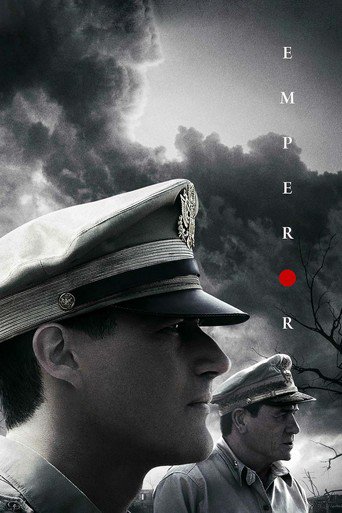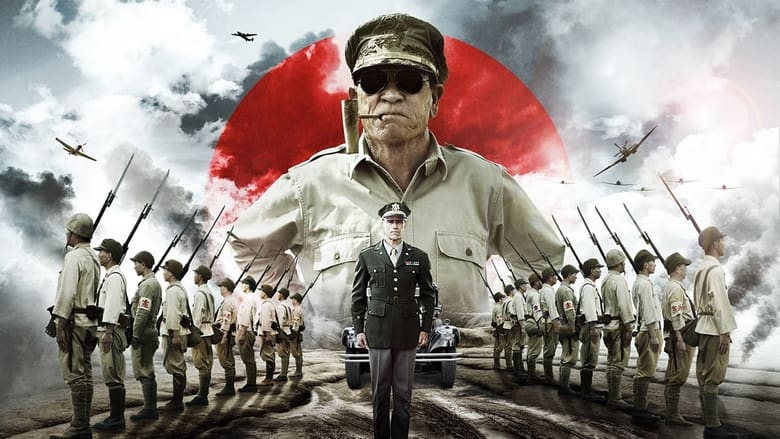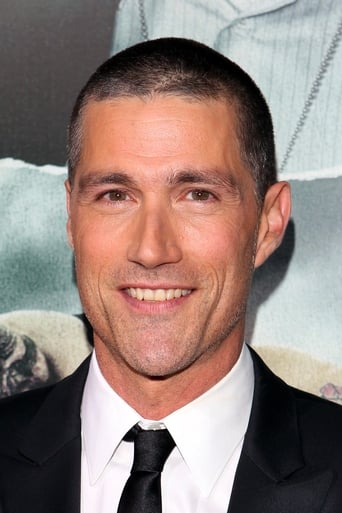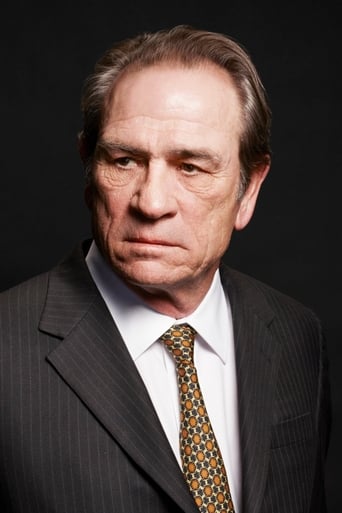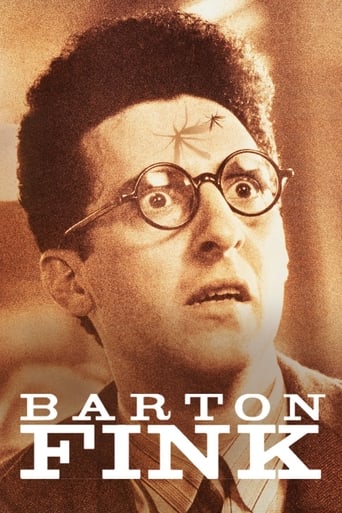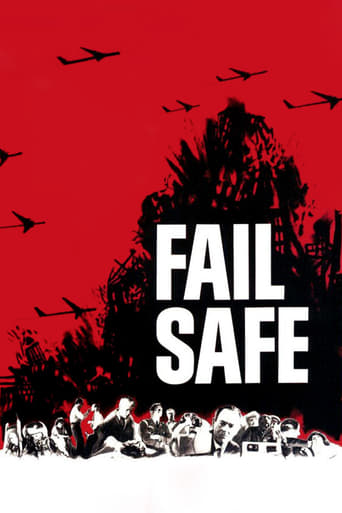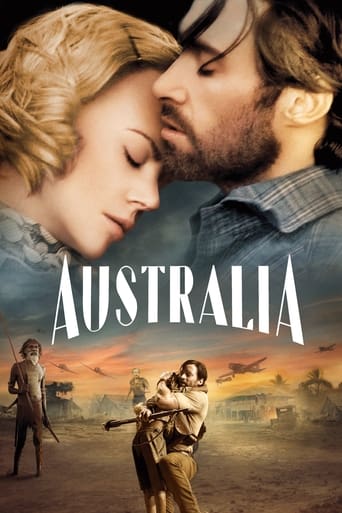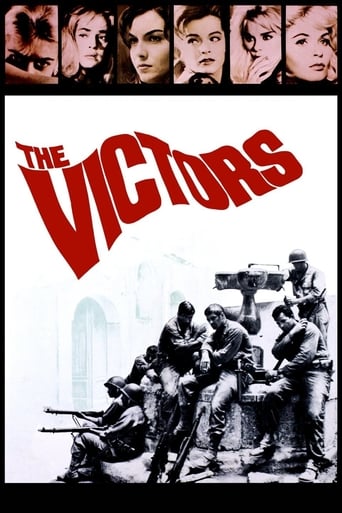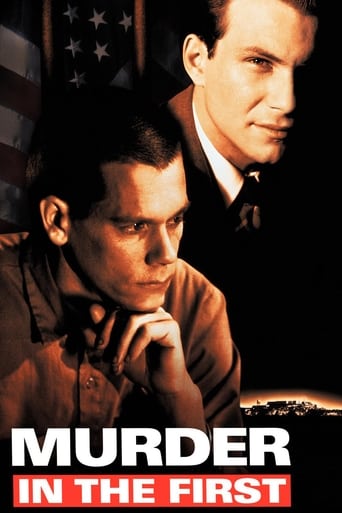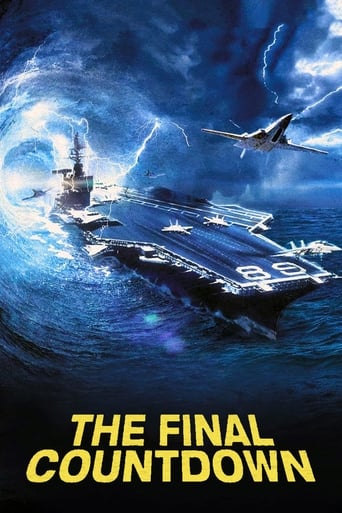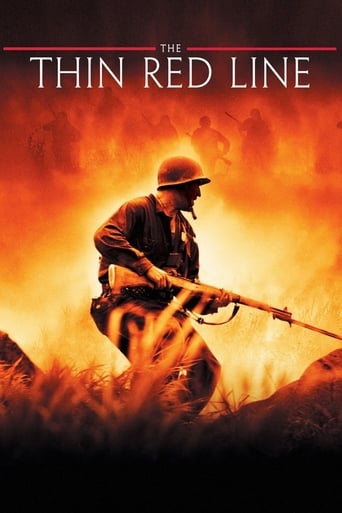Emperor (2013)
As the Japanese surrender at the end of WWII, Gen. Fellers is tasked with deciding if Emperor Hirohito will be hanged as a war criminal. Influencing his ruling is his quest to find Aya, an exchange student he met years earlier in the U.S.
Watch Trailer
Cast


Similar titles
Reviews
It seems that historical movies like this are getting harder to find. It is an movie about an American general in Japan just after their surrender. He has an assignment to determine if Hirohito should be tried as a war criminal.
I had to view "Emperor" twice before rendering a judgment. The first time went by. Not so much in any way, but something lingered. In the meantime, I visited Japan and read the Pulitzer prize-winning book by Herbert Bix: Hirohito and The Making of Modern Japan. The second viewing was thus clearly different. This film is much like a chapter torn out of the entire book. No wonder some viewers find the film "dry", "textbook-like", or with some other unsatisfactory notes. I believe I can tell why. While the book lays an excellent ground on why we should care about this man-god called and believed by most Japanese as "Emperor, Son of The Sun", if we want to understand this part of human history, the film chooses to disregard the background and assume that the viewers are already interested. This well-made film fails at making us care enough, except the ones already do. I am one of the ones who do care. The film delicately tells a story of a great nation forced on its knees. A pain of a 2,000-year-old nation being dominated by a very young superpower with no real culture of its own. A tough choice between sacrificing oneself or the Emperor they claim to be so devoted to with their lives. However, the heart of this film is also quite well-portrayed. It is that a sheer power is always submissive to a great culture. The American leadership chose not to destroy Japan not only because it was strategically wrong, but also because the culture of Japan was and is one of the triumphs of all mankind. Destroying such a human creation is to destroy a portion of oneself. Emperors have power not only to destroy but also to protect, that is.
If you read a book you are more than likely going to miss valuable information or fall in love with with the story line and will result in reading it again, much like a film you find interesting and this film is most definitely one to watch over. Over years of watching every film Matthew Fox is in I have learnt that he is an amazing actor that works extremely hard at every task he id is set and this film is no different! Not only does Matthew pull off his role but as does everyone who has worked together to put this film together. It highlights a very important part of history along with a love story that will capture anyones heart. Well worth a watch! Again and again! And anyone that says any different clearly didn't watch the film properly!
Caroline Glick of the Jerusalem Post remarks, in another connection, that "US officials – and journalists – like to romanticize the world's most psychopathic, evil men. Doing so helps them to justify and defend their desire to appease, rather than confront, let alone defeat, them." The attitude she describes may explain why this particular historical episode gets the big-screen treatment while Americans are wondering how mercifully to treat their various foreign enemies. EMPEROR begins with the bombing of Hiroshima and goes on to feature a speech (never rebutted) about the moral equivalence of Japanese imperialism and Western imperialism. It's hard to interpret the movie's message except as "judge not, lest ye be judged"-- a notion perhaps applicable when your enemy's thoroughly defeated, like Japan after the atom bomb, but can be dangerous when applied prematurely. Aside from all that, we have a shallow love story in which we never understand why we're supposed to take the relationship of two people from entirely different cultures so seriously; what makes them a couple is never explained although we can see they're both good-looking. And meanwhile we have army business conducted on a surprisingly informal basis. I wasn't there, but I doubt that generals, and Macarthur in particular, were so casual with their subordinate officers all the time. I guess it all rolls into a consistent message, though: that we're all the same, regardless of rank and regardless of which side we're on, so there's no point holding grudges. If it's a message for today, when the West is threatened by some violent and serious-minded enemies, I think it may be the wrong message.

